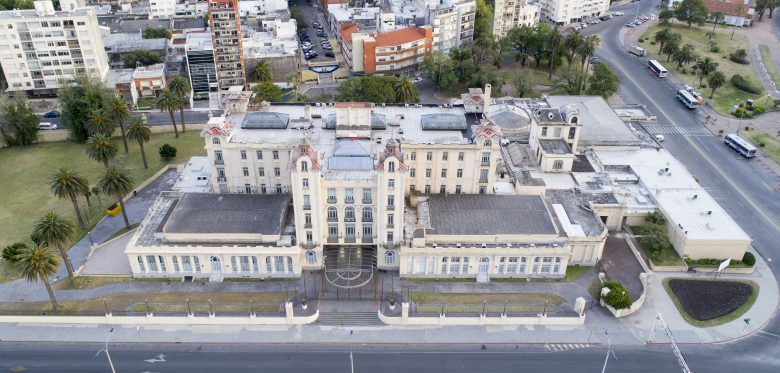Uruguay’s transformation process continued advancing despite some political and structural challenges. However, the popularity of President Luis Lacalle Pou’s coalition government steadily declined throughout 2022. Citizen support dropped from 50% in December 2021 to 39% in December 2022. Surveys indicated rising support for the opposition party, Frente Amplio, hinting at their potential victory in the upcoming 2024 elections.
Uruguay’s economy rebounded in 2021 and the first half of 2022, following a steep decline in 2020 due to pandemic-related shutdowns. This period saw a reduced fiscal deficit and increased employment. However, the latter half of 2022 saw a slowdown due to decreased global export prices and weakened domestic demand, driven by declining household incomes.
Due to cohesive parliamentary support, Uruguay’s government made progress in key priorities, including fiscal adjustments, enhancing economic competitiveness, strengthening security as well as reforming social welfare and the education system. In international politics, the government pursued bilateral free trade agreements, leading to friction with Mercosur partners. While negotiations were initiated with China and the European Union, and an application to join the Pacific Alliance, progress has been modest thus far.

